STRANGE LIKENESS:
DESCRIPTION AND THE MODERNIST NOVEL
a new study from Dora Zhang
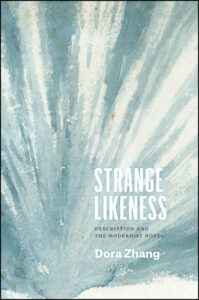
The modern novel, so the story goes, thinks poorly of mere description—what Virginia Woolf called “that ugly, that clumsy, that incongruous tool.” As a result, critics have largely neglected description as a feature of novelistic innovation during the twentieth century. Dora Zhang argues that descriptive practices were in fact a crucial site of attention and experimentation for a number of early modernist writers, centrally Woolf, Henry James, and Marcel Proust.
Description is the novelistic technique charged with establishing a common world, but in the early twentieth century, there was little agreement about how a common world could be known and represented. Zhang argues that the protagonists in her study responded by shifting description away from visualizing objects to revealing relations—social, formal, and experiential—between disparate phenomena. In addition to shedding new light on some of the best-known works of modernism, Zhang opens up new ways of thinking about description more broadly. She moves us beyond the classic binary of narrate-or-describe and reinvigorates our thinking about the novel. Strange Likeness will enliven conversations around narrative theory, affect theory, philosophy and literature, and reading practices in the academy.
DORA ZHANG is Associate Professor of English at UC Berkeley. Her essay “A Lens for an Eye: Proust and Photography” was published in Representations 118.

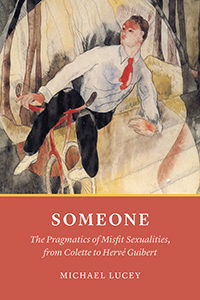
 Michael Lucey
Michael Lucey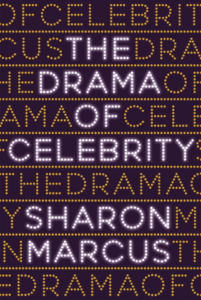 In this a bold new account of how celebrity works, Marcus draws on scrapbooks, personal diaries, and vintage fan mail to trace celebrity culture back to its nineteenth-century roots, when people the world over found themselves captivated by celebrity chefs, bad-boy poets, and actors such as the “divine” Sarah Bernhardt (1844–1923), as famous in her day as the Beatles in theirs.
In this a bold new account of how celebrity works, Marcus draws on scrapbooks, personal diaries, and vintage fan mail to trace celebrity culture back to its nineteenth-century roots, when people the world over found themselves captivated by celebrity chefs, bad-boy poets, and actors such as the “divine” Sarah Bernhardt (1844–1923), as famous in her day as the Beatles in theirs.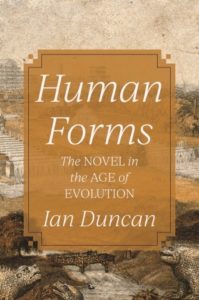

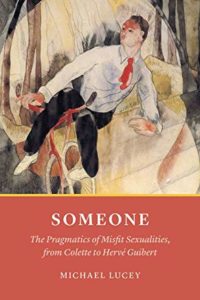 Imagine trying to tell someone something about yourself and your desires for which there are no words. What if the mere attempt at expression was bound to misfire, to efface the truth of that ineluctable something?
Imagine trying to tell someone something about yourself and your desires for which there are no words. What if the mere attempt at expression was bound to misfire, to efface the truth of that ineluctable something?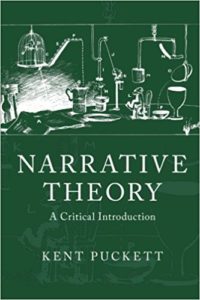 –whose book Narrative Theory: A Critical Introduction (Cambridge UP, 2016) has won the
–whose book Narrative Theory: A Critical Introduction (Cambridge UP, 2016) has won the 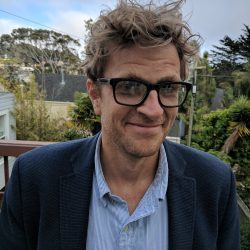 KENT PUCKETT
KENT PUCKETT 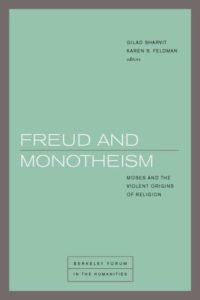
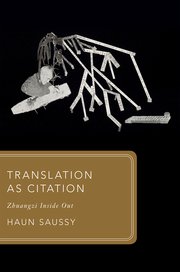 This volume examines translation from many different angles: it explores how translations change the languages in which they occur, how works introduced from other languages become part of the consciousness of native speakers, and what strategies translators must use to secure acceptance for foreign works.
This volume examines translation from many different angles: it explores how translations change the languages in which they occur, how works introduced from other languages become part of the consciousness of native speakers, and what strategies translators must use to secure acceptance for foreign works.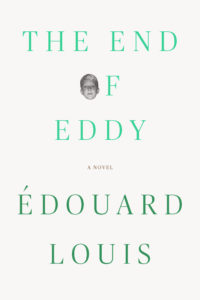 Michael Lucey’s translation of
Michael Lucey’s translation of